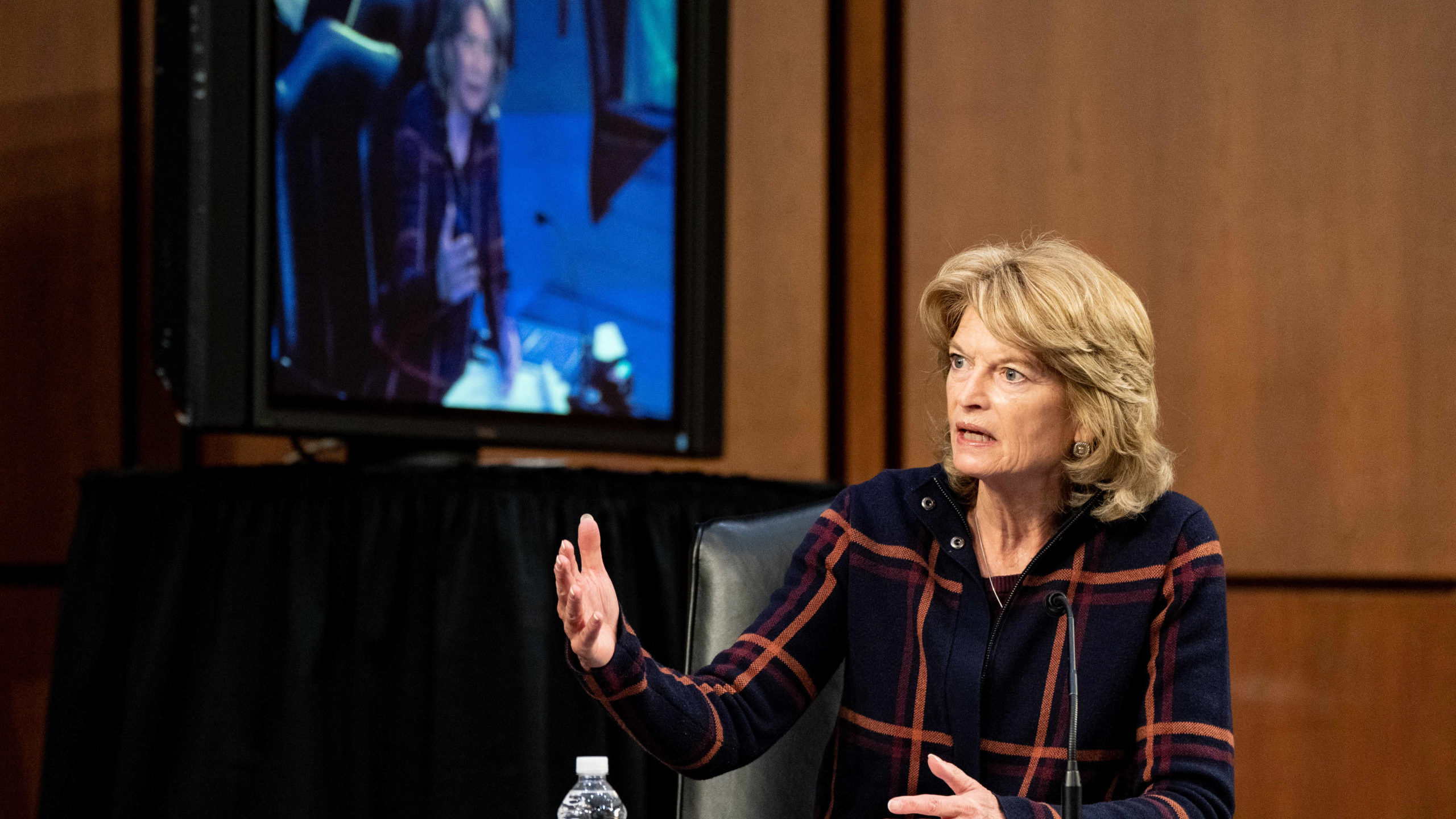Members of the U.S. Senate Energy and Natural Resources Committee are endorsing calls to create a North American energy alliance that prioritizes responsible production of resources while bolstering continental energy security.
A delegation of Canadian officials testified before the committee on Tuesday at the request of Democratic Sen. Joe Manchin, who chairs the committee and last month visited Canada’s oil sands to get a firsthand look at operations.
“During this time when the U.S., Canada, and our allies and friends are threatened both by dictators weaponizing energy and by intense politicization over climate issues, we must work together to chart a responsible path forward that will ensure security and unlock prosperity for our nations,” said Manchin.
“We depend on each other and we can basically do an awful lot and make North America not only energy independent but we can help our allies around the world.”
Along with the sharing of critical fossil fuels, the committee also discussed the potential for sharing rare minerals and electricity generation.
Among those testifying before the bipartisan committee, which helps shape U.S. energy policy, were federal Natural Resources Minister Jonathan Wilkinson, Alberta Premier Jason Kenney, Electricity Canada president and CEO Francis Bradley, and Nathalie Camden, Quebec’s associate deputy minister of mines.
More than 98 per cent of U.S. natural gas imports come from Canada, and more than 50 per cent of oil imports, according to the U.S. Energy Information Administration. But refiners still buy a lot of crude from OPEC+ nations like Saudi Arabia and Russia – 1.6 million barrels per day in 2021 compared to 4.3 million barrels per day from Canada.
Senators who addressed the Canadian delegation were largely supportive of increasing access to Canadian resources.
Alaska Sen. Lisa Murkowski (R) said that decision created problems when the U.S. began looking for options to replace the approximately 670,000 barrels of oil per day imported from Russia following its invasion of Ukraine.
And the administration’s response also prompted confusion when it began negotiating with regimes that lack Canada’s strong record on the environment and human rights.
“Sometimes our solutions are right in our backyard. Look to your neighbours first. And for some strange reason we have not done that as we have looked to our energy needs with this administration,” she said.
“We saw the response … after Russia took that first step into Ukraine and the effort was not to come to Canada as our partner but to call on Venezuela to call on Iran for increased production, to turn to OPEC.
“It’s absolutely incomprehensible why we would not seek those options and avenues that are cleaner, help not only our respective states but this North American Energy alliance, which to me is just common sense.”
Sen. Steve Daines (R) of Montana said the consequences of Europe’s overreliance on rogue regimes to meet critical energy needs should underline the importance of a broader North American energy strategy that protects the economic and security interests of both the U.S. and Canada
“I’ve been spending time with leaders in Eastern Europe. (Russian President) Vladimir Putin has Eastern Europe and Europe over a barrel right now because of dependencies on Russian oil and gas,” he said.
“Energy security is national security and we should be increasing North American production not going to foreign adversaries.”
Oklahoma Sen. James Lankford (R) said it’s clear that the U.S. needs more reliable and responsibly produced Canadian energy.
“We need to purchase more from Canada in the days ahead and have the consistency of that,” he said.
The unaltered reproduction of this content is free of charge with attribution to Canadian Energy Centre Ltd.
